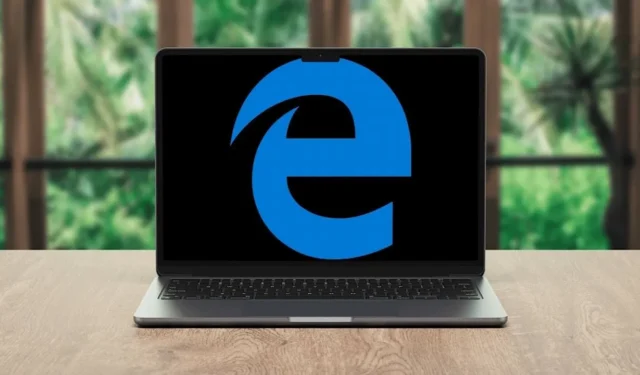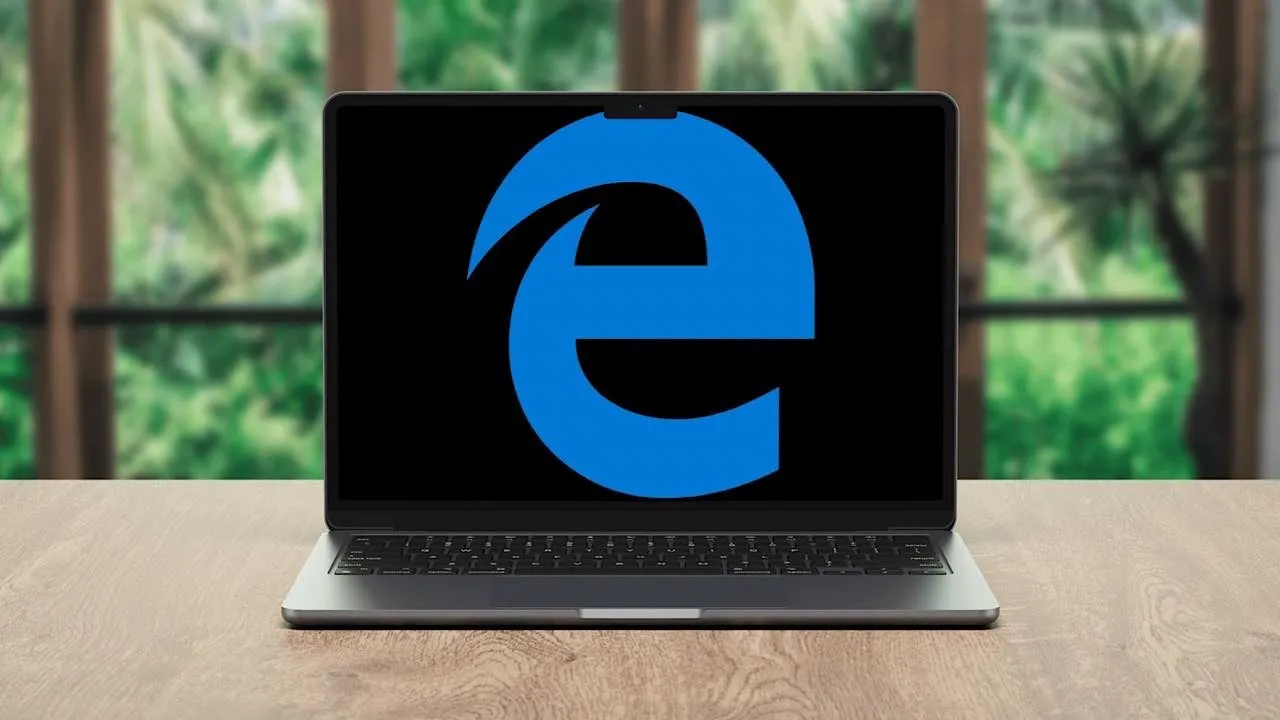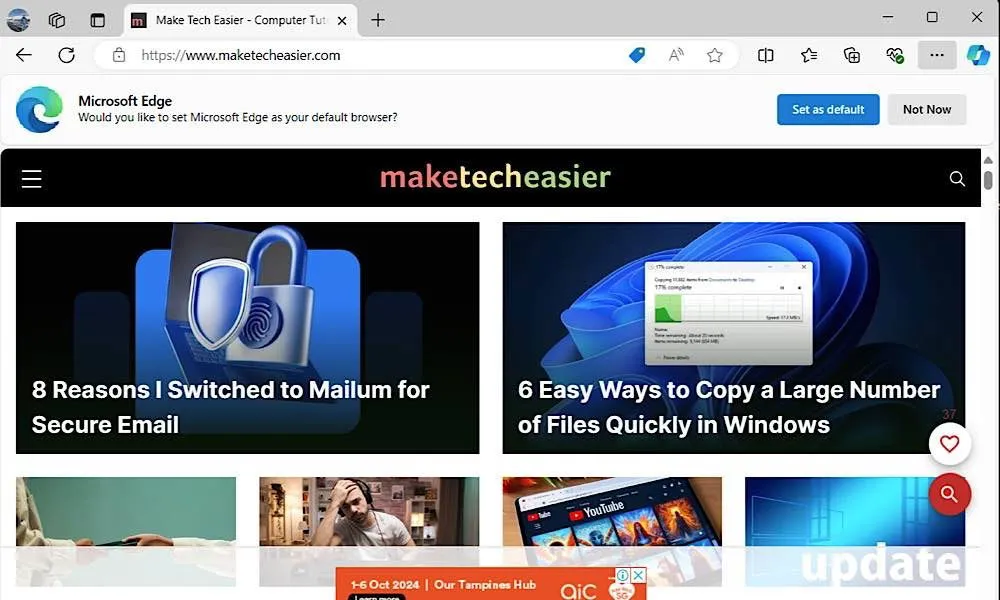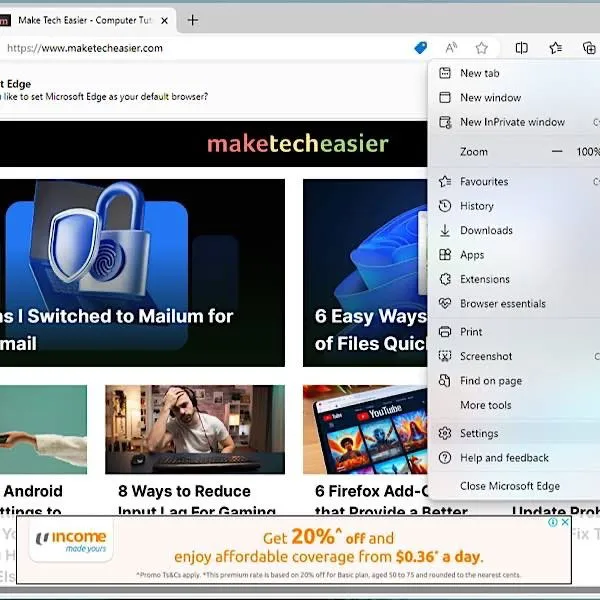Criticism of Microsoft Edge as Default Browser by Smaller Competitors


The European Commission’s decision regarding tech giants like Apple, Amazon, and Meta limiting the preinstallation of their own services, such as browsers, might appear straightforward. However, the distinction between breaching the Digital Markets Act (DMA) and practicing fair competition is not clear-cut. Although Microsoft is among the companies singled out by the commission, the DMA does not prevent Microsoft from preinstalling its Edge browser on devices.
Vivaldi and Others Urge Inclusion of Edge in DMA
Microsoft is one of the 22 companies identified by the European Commission as having an unfair advantage in the technology sector; however, the Edge browser has been exempted from the DMA’s demands. Browsers such as Vivaldi, Waterfox, Wavebox, and the Open Web Advocacy sent a letter to the commission asking for a reassessment of this exemption.

This isn’t the first occasion the European Commission has encountered this issue. Earlier, in July, the company behind the Opera browser initiated a lawsuit against the commission regarding this very exemption.
When purchasing a computer equipped with Windows 11, Microsoft includes Edge, similar to how Google and Apple incorporate Chrome and Safari respectively. Yes, some users may opt to stick to the default settings without downloading alternatives like Opera or Vivaldi — that’s a reality!
Smaller Browsers Request Reconsideration from the European Commission
In their letter to the European Commission, these smaller-browser companies expressed support for Opera’s legal action against the commission. They urge the commission to reassess the exemption granted to the Edge browser, which is the preset browser on every Windows computer.
The developers of Vivaldi and other smaller browsers criticized the commission’s “unfair practices,” highlighting that while many browser options exist, users often struggle to find them without making an effort. They assert that independent browsers face significant disadvantages compared to Edge.

According to excerpts from the letter sent to the European Commission, there seems to be merit in their claims. However, looking at market shares provides further insight into Edge’s exclusion from the arguments. StatCounter reports that Chrome dominates with 66% of the market, while Edge holds a mere 5% — bolstered largely by its status as the default browser. For further context, read about why one of our writers prefers Opera to Edge and Chrome.
Moreover, alongside the automatic designation as the default browser, smaller browsers assert that Edge’s pop-up notifications often portray the features of competitor browsers in an unflattering and misleading manner.
Ultimately, the choice rests with you, the user: will you use whatever browser is readily available on your device, or will you seek out the one that offers the most appealing features? If you find Edge lacking in functionality, discover how to install Chrome extensions on Edge to personalize it and enhance your productivity.
Image credit: Canva. All screenshots by Laura Tucker.
Leave a Reply